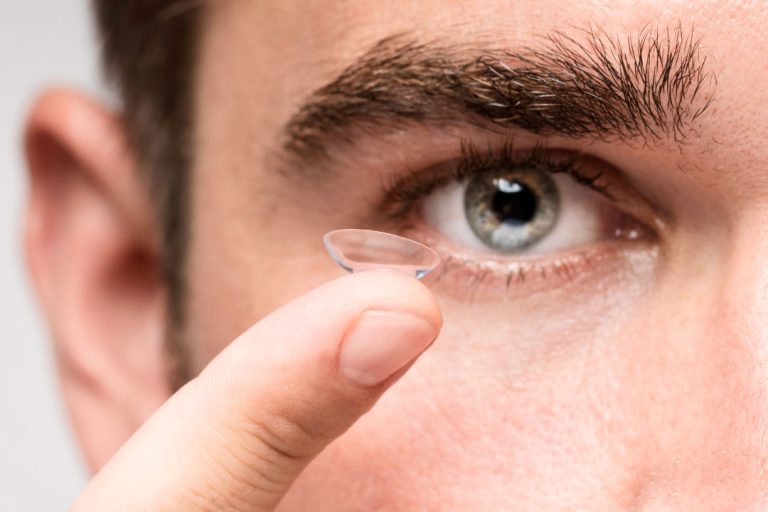
Tips for avoiding acanthamoeba keratitis
If you wear contact lenses, this post is for you. Our head office team has put together some information about acanthamoeba keratitis below. We can’t help you with the spelling though!
The best way to deal with acanthamoeba keratitis is to never get it in the first place. Hundreds of millions of people wear contact lenses safely every day and manage to avoid infection. For the most part, acanthamoeba keratitis prevention comes down to keeping your contact lens hygiene standards high.
More specifically, here are a few things to remember…
- Never, ever rinse your lenses or cases with tap water.
- Ask us for advice and instructions on cleaning your contact lenses and follow it.
- If you have extended-wear contact lenses, clean, rub and rinse your lenses each time you remove them. Rubbing and rinsing them helps to remove microbes and residue.
- Don’t wear your contacts in the shower, in the pool, in lakes or rivers or in a hot tub.
- When handling your contact lenses, wash your hands with soap and water. Make sure you thoroughly dry your hands before handling your lenses.
- Change your contact lens case every three months.
- Put fresh contact lens solution in your case every day. A good habit to develop is to dump your old solution each morning after you put your contacts in for the day. Then rinse the case with multipurpose solution and let it air dry. When you remove your contacts at the end of the day, pour new contact lens cleaning solution in your case.
- Never reuse or top-off old solution in your contact’s case.
- If you scratch your cornea (front of the eye), avoid contact lenses for a few days until your eye heals.
- Don’t sleep with your contacts in.
If you are a contact lens wearer and would like to discuss acanthamoeba keratitis, book an appointment with one of our friendly optometrists.
This website does not provide medical advice. It is intended for informational purposes only. It is not a substitute for professional medical advice, diagnosis or treatment. Never ignore professional medical advice in seeking treatment. If you think you may have a medical emergency, immediately dial Triple 0 (000).
